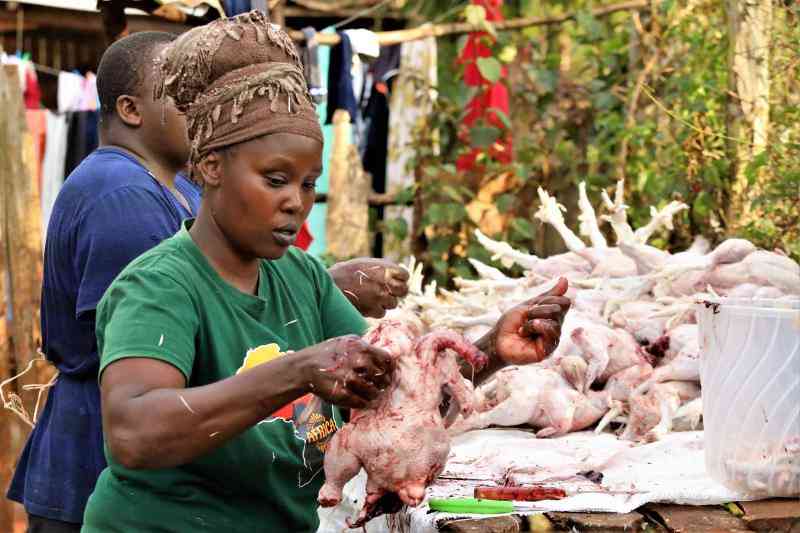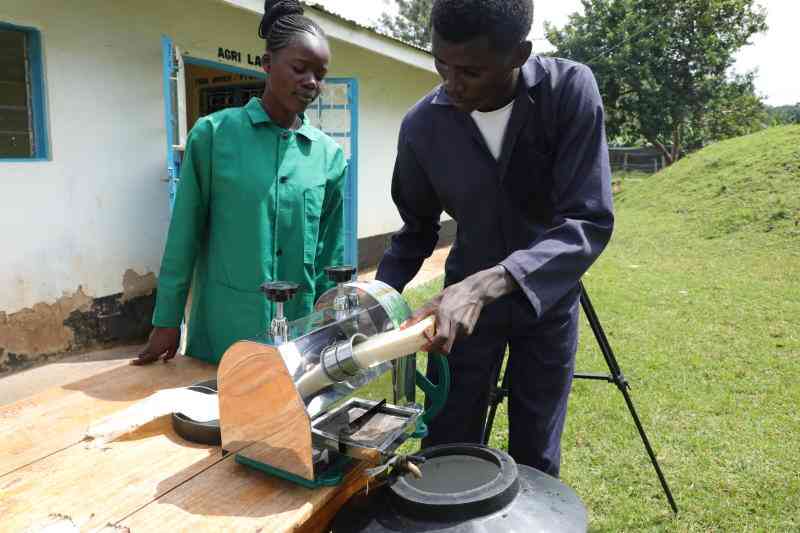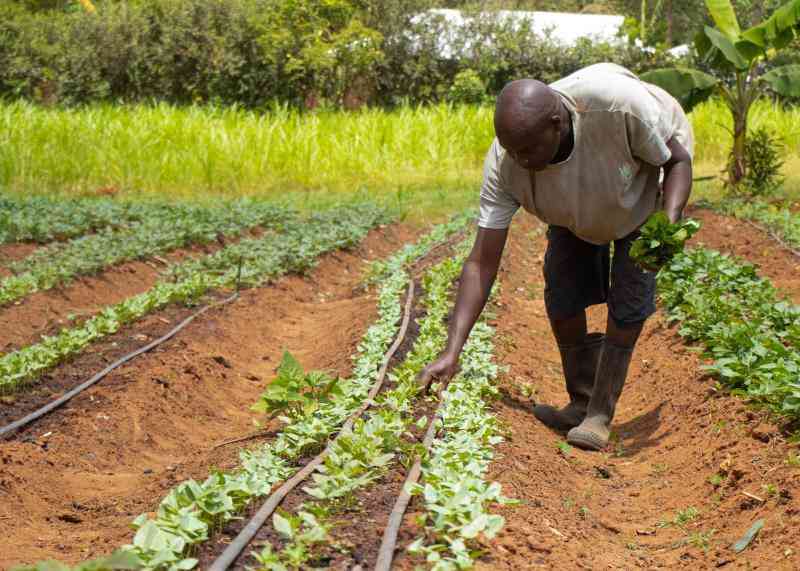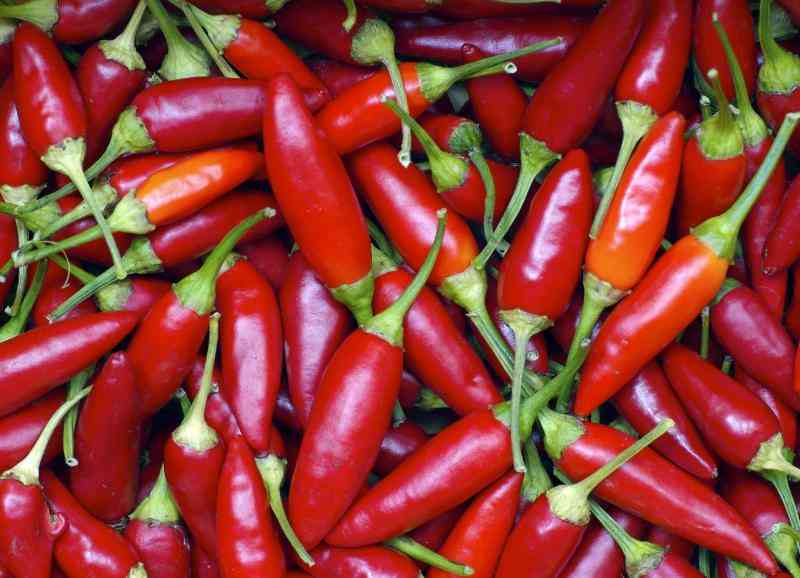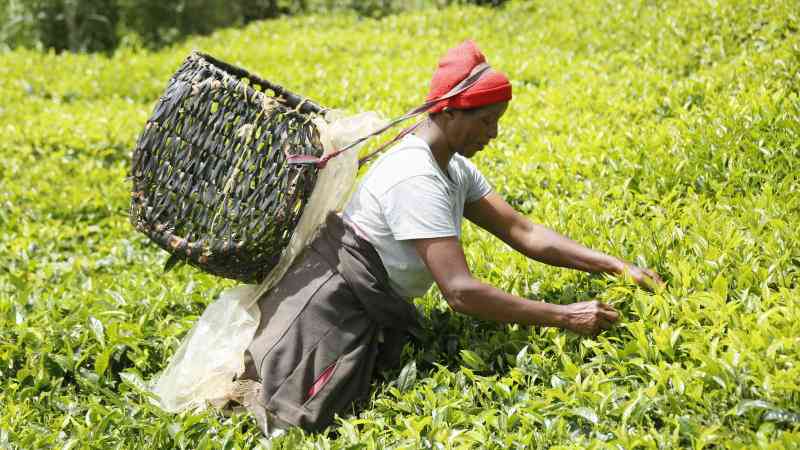What farmers must do to promote food safety
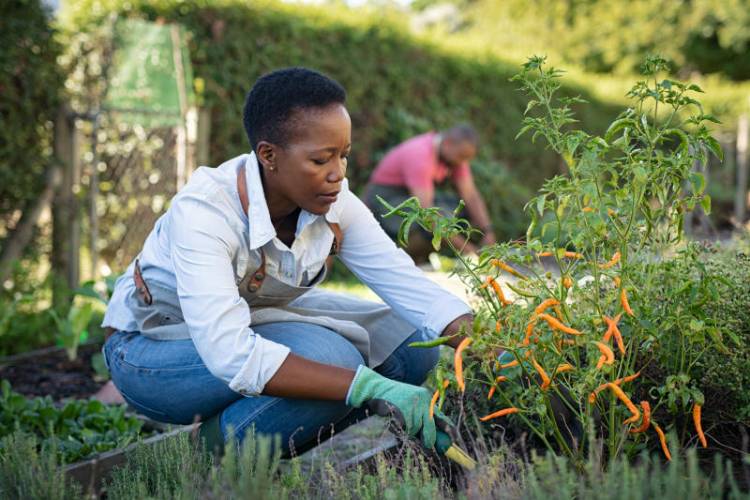
Concerns about the spread of COVID-19 continue to increase, farmers are wondering how best to respond. On the farm, workers are expected to keep social distancing and on the other hand, markets vital for food access for consumers and the livelihoods of farmers are targeted for closure as a safety measure. So how can farmers keep their farms safe from COVID-19?
The first practical step on the farm is to minimise access to the farm by non-essential staff. This is a typical administrative control to minimise exposure to a hazard. Minimise contact among workers, clients, and customers by replacing face-to-face meetings with virtual communications.
Establish alternating days or extra shifts that reduce the total number of employees on a farm at a given time, this allows them to maintain distance from one another while maintaining production capacity for the period.
Provide farm workers with up-to-date education and training on COVID-19 risk factors and protective behaviours (e.g., cough etiquette and care of PPE).
Train workers who need to use protective clothing and equipment, how to put it on, use/wear it, and take it off correctly, including in the context of their current and potential duties.
Training material should be easy to understand and available in the appropriate language and literacy level for all workers.
Clean and disinfect frequently touched farm equipment and surfaces.
Encourage and promote personal hygiene through provision of tissues, no-touch trash cans, hand soap, alcohol-based hand rubs containing at least 60 per cent alcohol, disinfectants, and disposable towels for farmworkers to clean their work surfaces.
Enforce regular hand washing or using alcohol-based hand rubs for every person in the farm. Put sanitising hand rub dispensers in prominent places around the workplace. Make sure these dispensers are regularly refilled.
Display posters promoting hand-washing, you can obtain these at your local public health authority. Hand washing kills the virus on your hands and prevents the spread of COVID19.
Promote good respiratory hygiene in the workplace. Dislay posters promoting respiratory hygiene. Ensure that face masks and/or paper tissues are available at the farm, for those who develop a runny nose or cough at work, along with closed bins for hygienically disposing of.
At the farmers’ markets, strategies should be put in place. Customers should be encouraged to practice social distancing – maintaining a space of about six feet from each other and they should be informed of this policy as they enter the market.
Also, increase the space between the vendors to reduce crowding.
Buyers should also be asked not to handle any items on the vendors’ tables but to just point at what they wanted and let vendors bag their purchases; vendors should be provided signage by the market informing customers of this policy.
Suspend product sampling to reduce opportunities for contamination. Vendors are encouraged not to use tablecloths to make it easier to sanitise surfaces; where possible they can use a sheet of plastic over the top of their tablecloth which they could use to wipe down with sanitiser.
Vendors should also wear disposable gloves, mainly as a reminder to not touch their face. Designate one person to handle money and another to handle products.
Encourage use of contactless payments such as Mpesa which are available to most vendors. Have hand sanitiser in plenty throughout the market, at vendor tables and also in other locations. Also, install handwashing stations for the market users.
Coronavirus outbreak was first detected in Wuhan city in late December 2019. This has brought lots of chaos in the country where most residents have decided to stay indoors to avoid contracting the virus.
The epidemic is going to affect the agricultural sector in many ways. It is the greatest contributor to the country’s gross domestic income. The country depends mostly on horticultural, tea and coffee exportation income.
The virus is spreading widely and it has affected the horticultural exportation which contributes largely to the country’s income.
We’re all in this together! Who knows what lies ahead in the coming weeks. I do hope everyone takes coronavirus seriously and does their part to help reduce the statistics, in ways that make sense to you and your loved ones. These are challenging times and we need to stay safe and support each other.
Want to get latest farming tips and videos?
Join Us
Share this article on social
 The Standard Group Plc is a multi-media organization
with investments in media platforms spanning newspaper print operations,
television, radio broadcasting, digital and online services. The Standard Group
is recognized as a leading multi-media house in Kenya with a key influence in
matters of national and international interest.
The Standard Group Plc is a multi-media organization
with investments in media platforms spanning newspaper print operations,
television, radio broadcasting, digital and online services. The Standard Group
is recognized as a leading multi-media house in Kenya with a key influence in
matters of national and international interest.
 The Standard Group Plc is a multi-media organization
with investments in media platforms spanning newspaper print operations,
television, radio broadcasting, digital and online services. The Standard Group
is recognized as a leading multi-media house in Kenya with a key influence in
matters of national and international interest.
The Standard Group Plc is a multi-media organization
with investments in media platforms spanning newspaper print operations,
television, radio broadcasting, digital and online services. The Standard Group
is recognized as a leading multi-media house in Kenya with a key influence in
matters of national and international interest.


